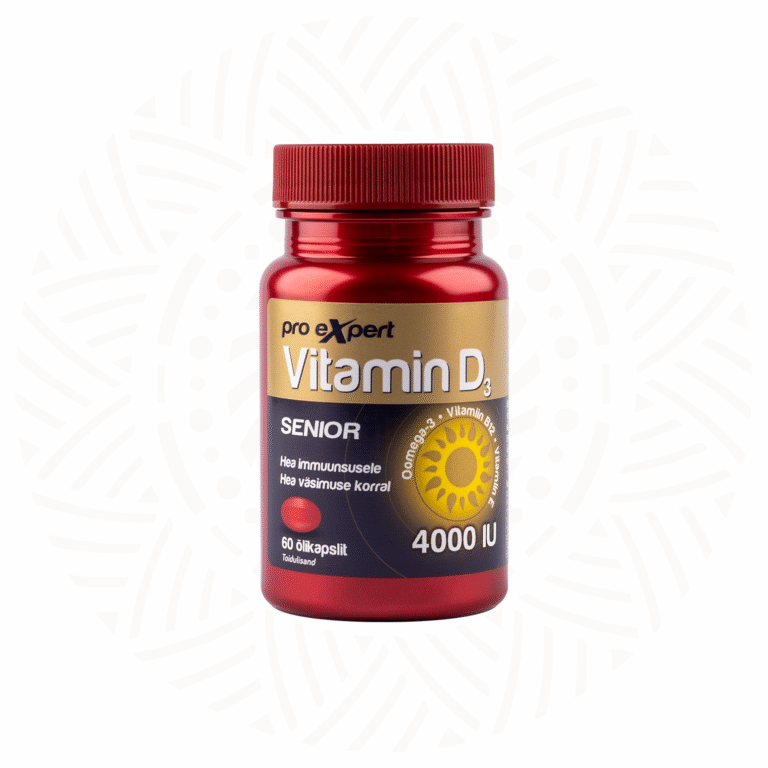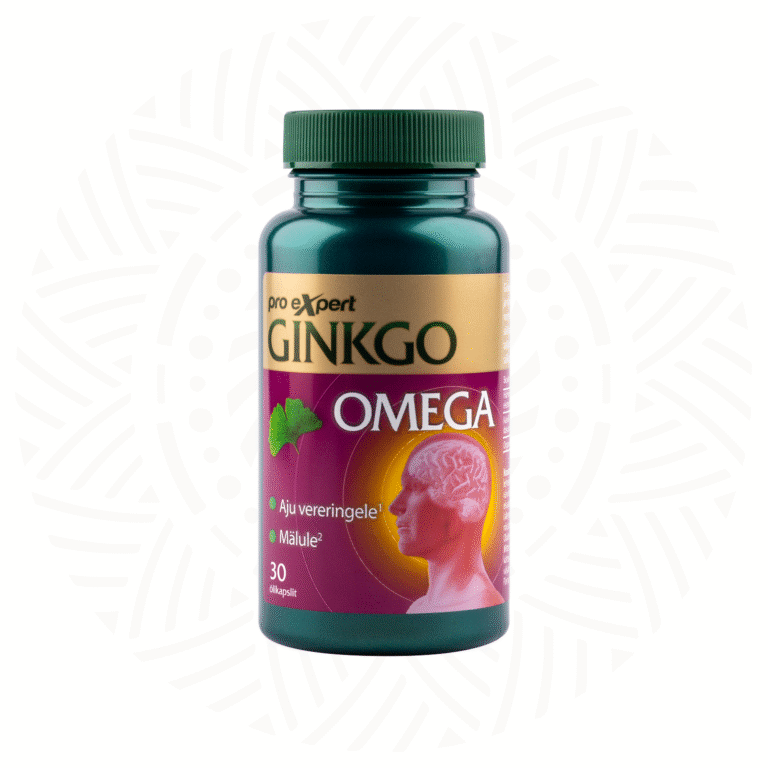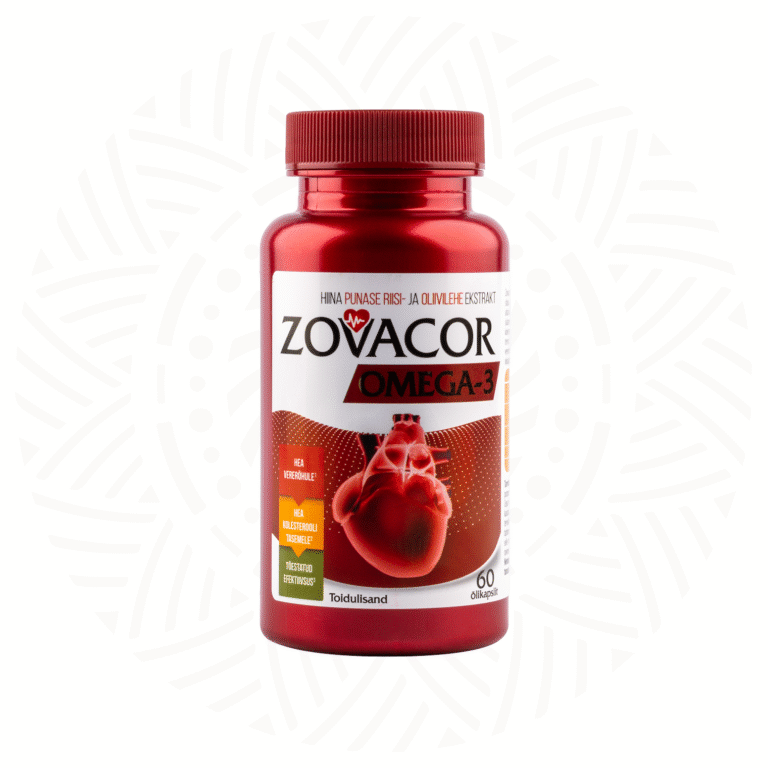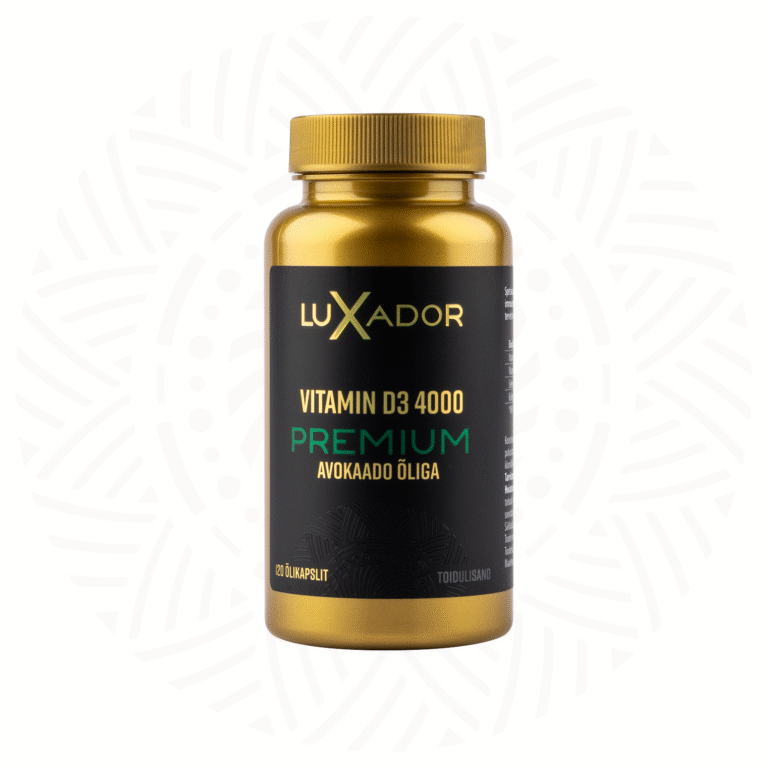Omega-3 fatty acids are essential nutrients that provide invaluable support for our health. Among them, EPA and DHA stand out for their role in supporting heart, brain, and eye health. They also help reduce inflammation, strengthen the immune system, improve memory, and enhance mood.
The best way to obtain omega-3 fatty acids is by consuming fatty fish at least 3-4 times a week. If fish is not a regular part of your diet, omega-3 supplements are the best alternative. Below, we dive deeper and share practical tips on how to take omega-3 fatty acids effectively to maximize health benefits.
The Essential Functions of Omega-3 Fatty Acids in the Body
Omega-3 fatty acids play a crucial role in human health. They include ALA, DHA, and EPA, which are considered essential fatty acids because the body cannot produce them on its own. Therefore, we must obtain them from food or supplements. Each of these fatty acids serves an important function in the body:
ALA (Alpha-Linolenic Acid):
- An essential fatty acid that the body can convert into small amounts of DHA and EPA.
- Neuroprotective properties – helps protect brain nerve cells from damage.
- Reduces the risk of stroke.
EPA (Eicosapentaenoic Acid):
- Known for its anti-inflammatory properties.
- Reduces pain and swelling.
- Has a blood-thinning effect, helping to lower the risk of blood clots.
DHA (Docosahexaenoic Acid):
- A key structural component of brain, eye, and skin cells.
- Supports brain and nervous system development and function.
- Improves vision.
- Keeps skin healthy and hydrated.
Why Are Omega-3 Fatty Acids Important?
Omega-3 fatty acids are nutrients that our body cannot produce on its own but are essential for overall well-being and maintaining a healthy body. Early signs of omega-3 deficiency include:
- Fatigue
- Dry skin
- Numbness in fingers and toes
- Mood swings
- Memory problems
- Joint pain
Later signs of omega-3 deficiency may include:
- Heart disease: Long-term omega-3 deficiency is associated with an increased risk of heart diseases, including heart attacks and arrhythmias.
- High blood pressure: A lack of sufficient omega-3 levels can contribute to elevated blood pressure, which in turn increases the risk of cardiovascular diseases.
- Weakened immunity: Omega-3 deficiency can lead to a weakened immune system, making the body more susceptible to infections and illnesses.
- Neurological disorders: Low omega-3 levels are linked to an increased risk of neurological disorders, such as depression, anxiety, and dementia.
- Inflammatory conditions: Inadequate omega-3 intake is associated with a higher risk of inflammatory conditions, including arthritis and other chronic inflammatory diseases.
- Skin problems: Omega-3 fatty acid deficiency is linked to dry skin, irritation, and worsening inflammatory skin conditions.
How to Ensure Sufficient Omega-3 Intake?
- Fatty fish: Consume fatty fish at least 3-4 times per week. Good options include salmon, herring, mackerel, sardines, and tuna. Shrimp and oysters are also excellent sources. Cold-water wild-caught fish from northern seas are especially rich in omega-3 fatty acids, while farmed fish contain significantly lower amounts of beneficial fats.
- Nuts, seeds, and plant oils: Consume 30 grams of unsalted nuts and seeds daily, such as flaxseeds, chia seeds, and walnuts.
- Supplements: If you do not regularly consume fatty fish, nuts, or seeds, omega-3 fatty acids should be obtained through supplements.
Adequate omega-3 supplementation helps:
- Improve cardiovascular health
- Lower blood pressure
- Regulate cholesterol levels
- Strengthen immunity
- Support good vision
- Enhance mood and cognitive functions
- Reduce inflammation
- Maintain healthy skin and hair
- Help protect against type 2 diabetes
- Improve sleep quality
- Slow down aging processes
For a daily intake of at least two grams of essential omega-3 fatty acids (based on a 2000 kcal diet), you would need approximately:
- 10–12 grams of chia or flaxseeds
- 20 grams of hemp seeds
- 30 grams of walnuts
- 4 grams of flaxseed oil
- 10 grams of hemp seed oil
- 25 grams of canola oil
- 500 grams of raw salmon
- 670 grams of raw eel or herring
When is the Best Time to Take Omega-3 Capsules?
Although omega-3 capsules can be taken at any time of the day, there are some strategies that can help maximize their absorption and effectiveness.
With Food
Omega-3 fatty acids are fat-soluble, meaning they are better absorbed when taken with food, especially with fats. It is recommended to take capsules during a meal, such as breakfast, lunch, or dinner. If you have digestive issues, you may try taking them with a light snack.
Taking omega-3 capsules on an empty stomach may cause unpleasant side effects such as burping or a fishy aftertaste, which can discourage regular intake. Therefore, taking capsules with food helps to avoid discomfort and improve absorption.
Consistency is Key
Unlike omega-3 fatty acids obtained from food, supplements do not require a specific time of day for intake. What matters most is consistency and daily intake. This ensures a steady level of fatty acids in the blood and helps achieve the desired health benefits.
Be Patient
The effects of omega-3 fatty acids may not be immediate. Positive changes, such as improved skin and hair health, reduced joint discomfort, or lower blood pressure, may take a few months to become noticeable. Therefore, it is important to remain patient and continue regular intake because short-term use only provides short-term benefits.
Factors to Consider When Choosing an Omega-3 Supplement:
- Quality: Choose supplements from a reputable manufacturer that guarantees product purity and safety.
- EPA and DHA Content: Pay attention to the amount of EPA and DHA in the supplement. The benefits of omega-3 are most effective when consuming at least 250 mg of EPA and DHA per day.
- Additional Benefits: Some omega-3 capsules contain other beneficial ingredients. For heart health, choose omega-3 (EPA) capsules with added vitamin D. For memory support, choose omega-3 (DHA) capsules with Ginkgo Biloba.
Dosage
- Adults are recommended to consume 250-500 mg of EPA and DHA daily.
- Higher doses (up to 1000 mg of EPA and DHA per day) may be necessary for specific conditions, but consult your doctor.
- Pregnant and breastfeeding women are recommended to consume 200-300 mg of EPA and DHA per day.
Side Effects
- Omega-3 fatty acids are generally safe when consumed in recommended amounts.
- Possible mild side effects include digestive issues, diarrhea, nausea, and a fishy taste in the mouth.
- These side effects are usually temporary and resolve on their own.
Contraindications
- Omega-3 fatty acids are not recommended for individuals allergic to fish or seafood.
- Consult your doctor before taking omega-3 supplements if you have blood clotting disorders.
Now you understand the importance of omega-3 fatty acids and their role in maintaining strong health and well-being. Regular omega-3 intake, whether through food or supplements, is essential for ensuring your body receives the necessary fatty acids.
Consume omega-3 fatty acids regularly and stay healthy!








